Meeting between Netanyahu, Haredi parties on conscription law ends without agreement
Justice Minister Levin also at sit-down where reps of ultra-Orthodox parties reportedly assailed attorney general; United Torah Judaism reportedly threatens to leave coalition
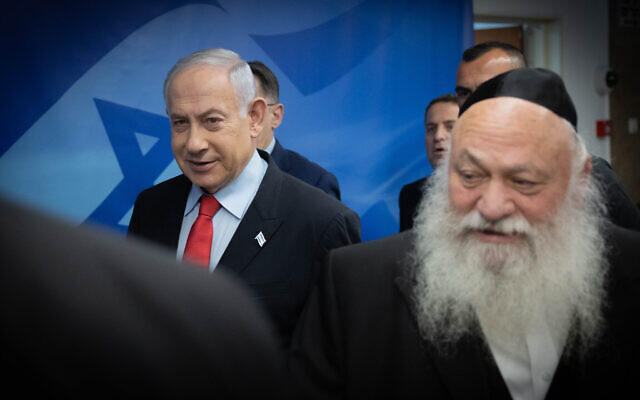
An hours-long meeting on Tuesday night between Prime Minister Benjamin Netanyahu and representatives of United Torah Judaism and Shas, the coalition’s two Haredi parties, over a contentious ultra-Orthodox military draft bill came to an end without any major progress, reports said.
According to the Kan public broadcaster, the sit-down ended unproductively and no additional meetings were scheduled.
Justice Minister Yariv Levin also attended the Tuesday night meeting where, according to Kan, the ultra-Orthodox parties attacked Attorney General Gali Baharav-Miara, who has told the government that she would be unable to defend its initial proposal in court.
A law allowing young Haredi men to repeatedly push off their military service for yeshiva until they reached the age of exemption expired last year. The Supreme Court ruled that the current system is discriminatory and has given the government until April 1 to present a bill and until June 30 to pass it.
As the deadline drew nearer, the government was set to meet on Netanyahu’s draft of the bill on Tuesday, but the meeting was pushed off amid an outcry over the proposal.
After members of his government, including Defense Minister Yoav Gallant, expressed strong objections to the original plan, Netanyahu postponed the planned cabinet discussion on the issue and entered into marathon talks within his coalition on the controversial reform.
The original outline did not set a quota of ultra-Orthodox men enlisting per year. Instead, it raised the age of final exemption from service to 35, apparently based on the claim — widely criticized — that requiring young Haredi men to stay in yeshiva for decades instead of entering the workforce in their 20s could deter them from signing up for a lifetime of study, and instead encourage their enlistment.
It also ensured that Haredi men who don’t enlist would not personally face financial sanctions. And it included a plan to set up special ultra-Orthodox battalions in the IDF and add Haredi positions in the country’s emergency services and government offices.
The Movement for Quality Government in Israel, which has petitioned the High Court of Justice to compel the enlistment of the ultra-Orthodox, accused the government of engaging in “the same shticks and tricks” by floating and then reversing a change to the age of exemption.
“Sharing the burden [of military service] equally is an existential necessity for the State of Israel and Israeli society, and there is no way to achieve it other than the enactment of a uniform and equal enlistment law that will apply to all,” the watchdog group said in a statement on Monday.
Channel 12 and Ynet reported on Tuesday that the attorney general had requested that recruitment target figures be included in the legislation, while ultra-Orthodox parties have rejected that proposal.
UTJ reportedly threatened to leave the Netanyahu-led coalition should the proposal include annual recruitment targets for yeshiva students and financial penalties for Haredi educational institutions that don’t meet those quotas.
According to Channel 12, UTJ’s ultimatum was the reason for the last-minute postponement of a cabinet meeting on the draft exemption law earlier in the day.
A loss of the ultra-Orthodox parties could bring down Netanyahu’s hardline coalition and plunge the country into new elections with he and his Likud party trailing badly in opinion polls. UTJ has seven seats and Shas 11, so their departure would leave the coalition, which currently numbers 72 seats in the 120-member Knesset, without a majority.
Baharav-Miara and Gallant were not alone in objecting to the original plan, with war cabinet minister Benny Gantz, whose National Unity party holds eight seats, threatening to leave the emergency government if the legislation passed.
Gantz, Netanyahu’s top political rival, said the premier’s outline for a Haredi draft law was a “red line” and a threat to national cohesion. Gallant said he’d support a new law only with the support of all coalition parties, including Gantz and more centrist members of the country’s emergency wartime government.
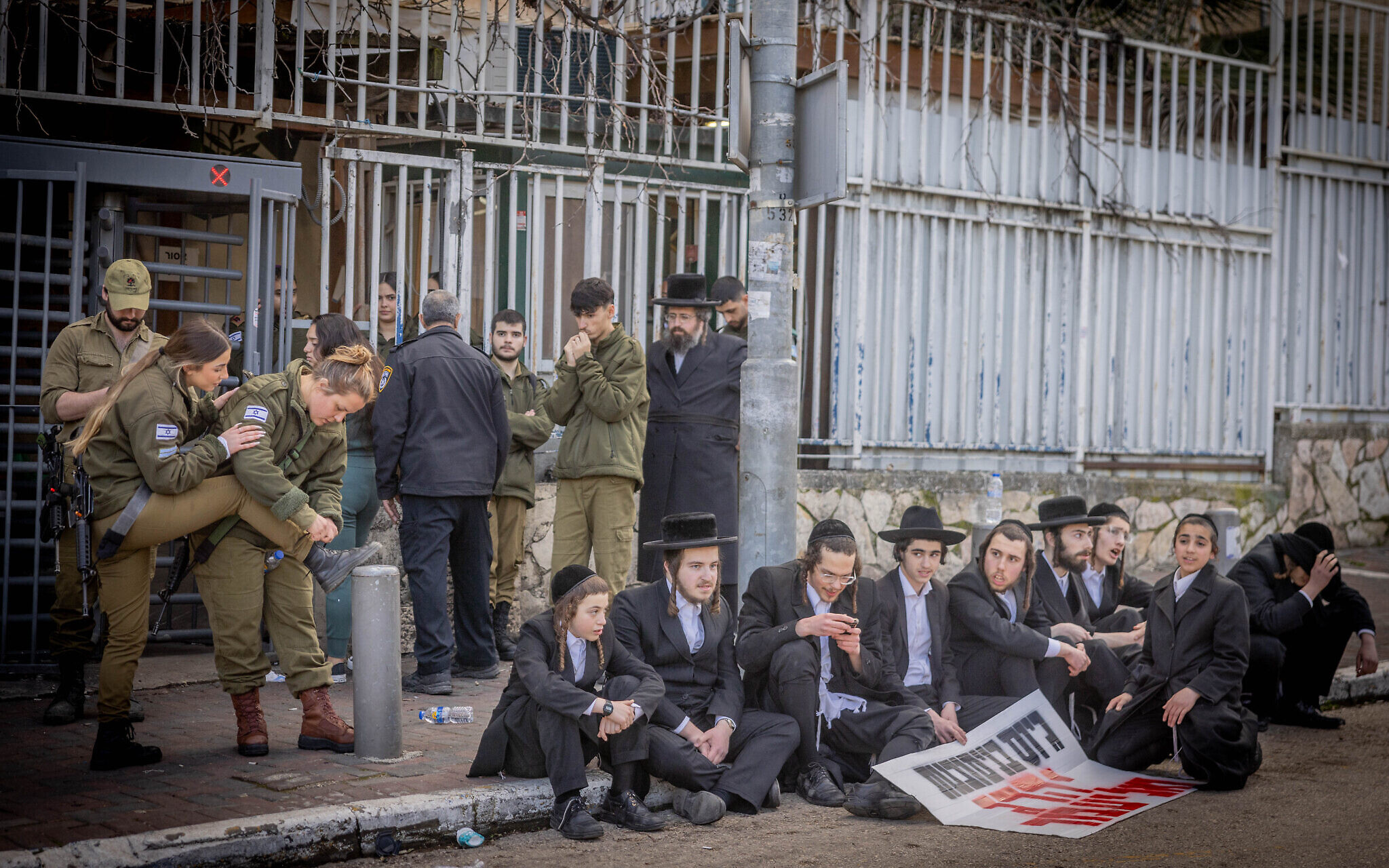
This week, dozens of commanders in the IDF reserves sent a letter to Netanyahu, Gallant and other senior officials warning that the current proposal for the draft bill will deepen inequality and harm national security.
The IDF’s plan to increase the time conscripts and reservists serve in the military, combined with the Haredi enlistment law, which would allow most ultra-Orthodox men to be exempt from military service, would create an “extremely unequal” situation, the commanders charged in their letter.
The commanders also warned that beyond the feeling of inequality, there were concerns that under the new proposal, “the reserve system will not be able to meet its requirements, to the point of difficulty in manning operations.”
“We demand from you, the people responsible by law and by virtue of your authority for our routine and emergency operation, to stand firm and prevent any discriminatory and offensive recruitment plan of this kind,” the commanders added.
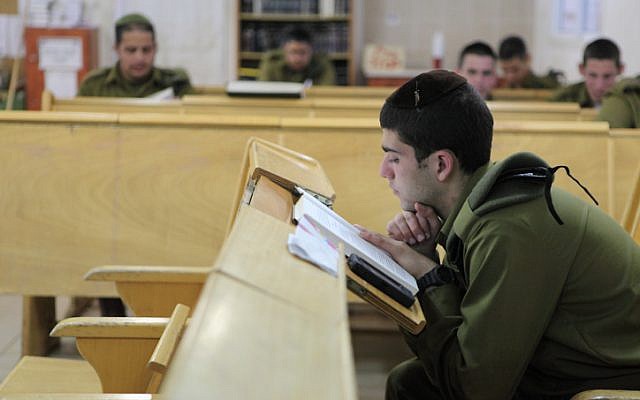
Senior Finance Ministry officials also expressed opposition to the lack of personal financial sanctions in the government’s proposed draft, arguing that they would be ineffective in persuading yeshiva students to join the IDF.
According to Kan, ministry officials objected to financial penalties being placed on yeshivas that fail to meet whatever enlistment quota is ultimately approved instead of on individuals, and said that only personal sanctions would have the desired effect.
Since the beginning of the war in Gaza, the government has called up a total of 287,000 reservists, announced earlier-than-planned draft dates for some 1,300 members of pre-army programs, and pushed to significantly increase both conscripts’ and reservists’ periods of service.
That latter plan, presented by the defense establishment last month, generated fierce backlash among lawmakers from across the political spectrum and encouraged multiple legislative pushes to end the de facto exemptions for the Haredim.
According to the IDF’s Personnel Directorate, some 66,000 young men from the Haredi community received an exemption from military service over the past year, said to be an all-time record.




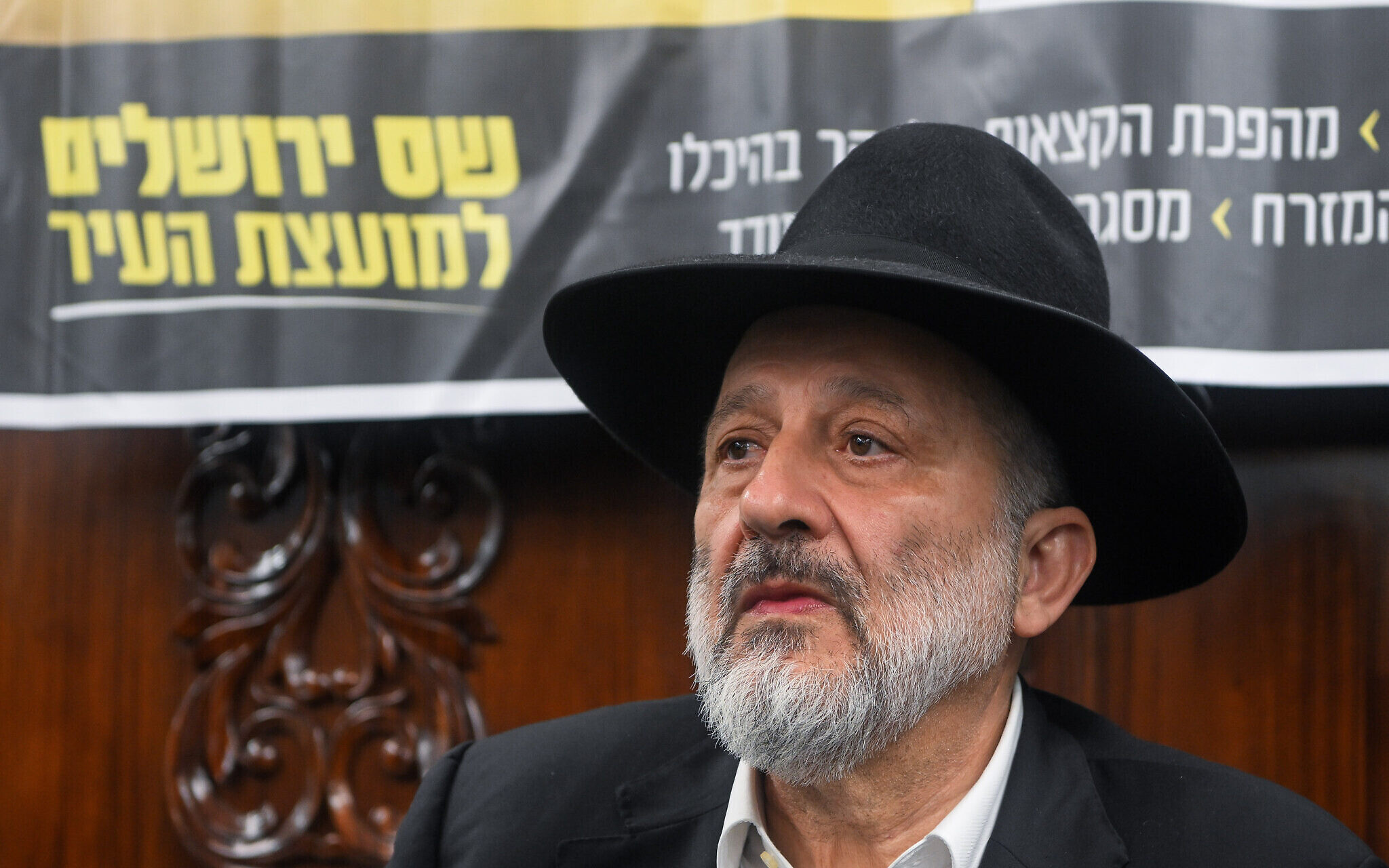
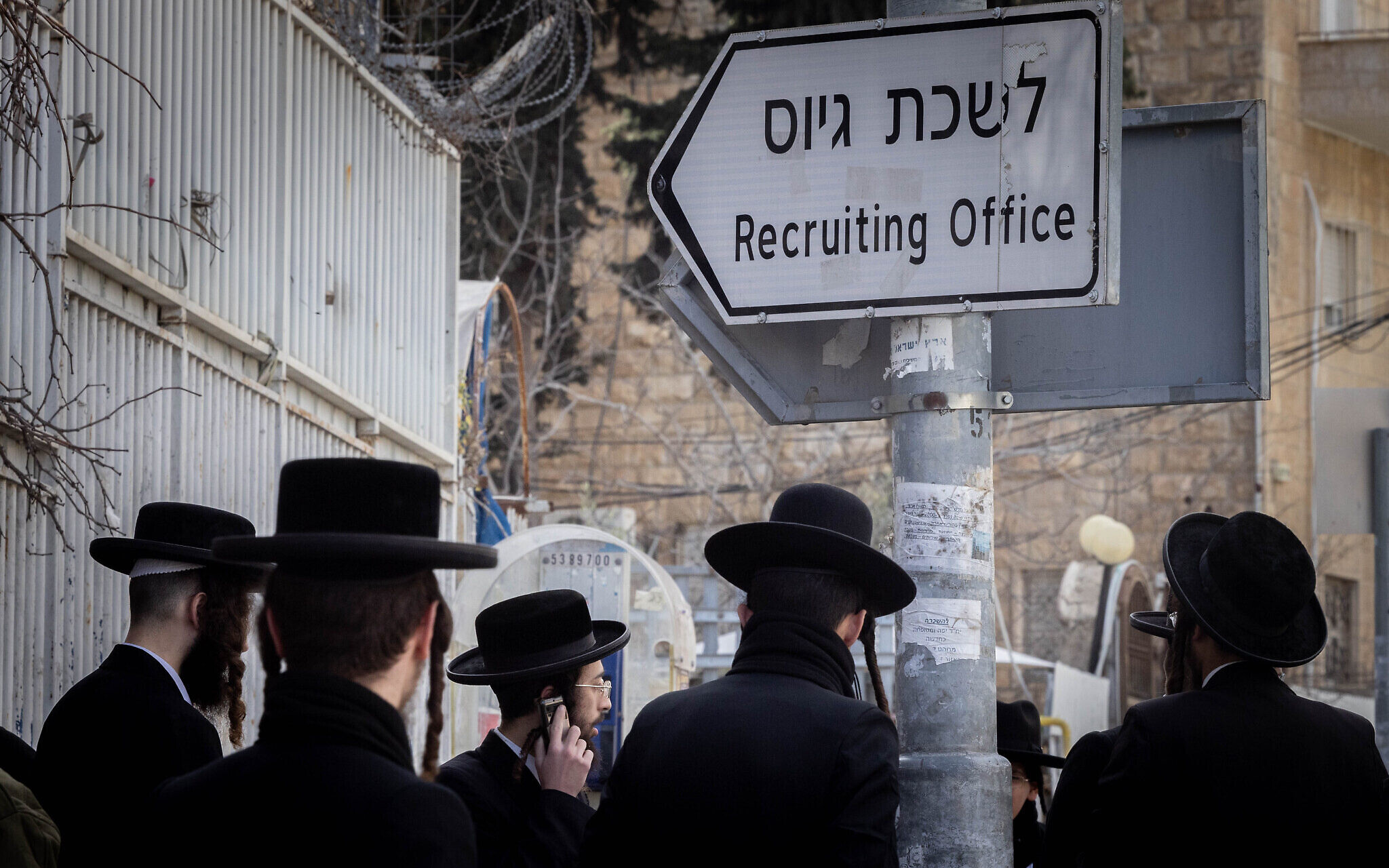
No comments:
Post a Comment